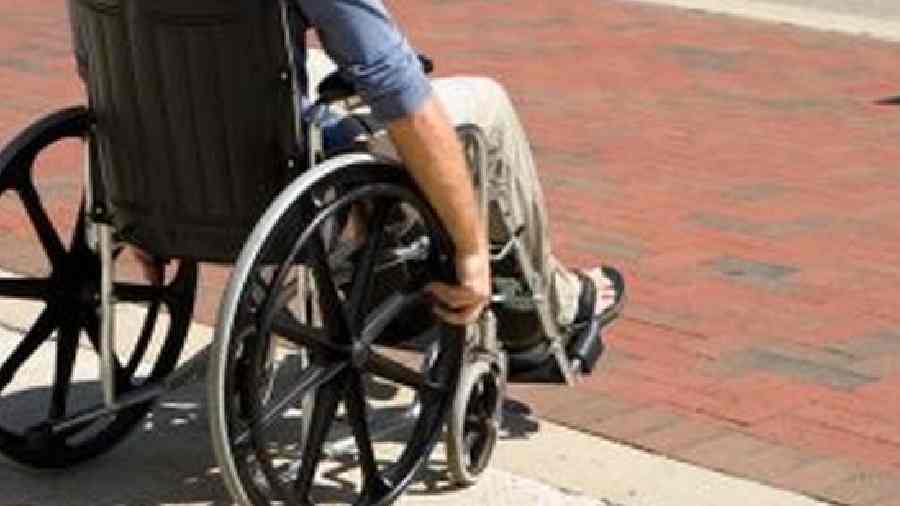Two groups in West Bengal, which work with individuals with disabilities, have published a set of guidelines for organisations active in the field.
The guidelines, which include arrangements for primary medical intervention and keeping a record of entry and exit forms, could help the organisations and institutions working with and for persons with disabilities to “develop policies and practices that are user-centric, keeping in mind the dignity of the individual and respect for differences”, said Parivaar Bengal and Disability Activists Forum, West Bengal, the two groups behind the initiative.
The format of the guidelines suggests a framework but each organisation can customise them — depending on its size and the disabilities it deals with.
“We expect all organisations or centres to follow the guidelines and try to fill any gap that might be existing,” said Soumen Upadhyay, general secretary of Parivaar Bengal during a conference held recently.
The guidelines were prepared in March 2020.
The networks iterated the importance of the guidelines after an accident took place at a therapy centre recently. It is imperative to follow the guidelines because many of the processes or systems have fallen into disuse in the last two years, they added.
“Organisations have to be more proactive about the safety mechanisms. There is a need to constantly update,” said Anamika Sinha, director, Manovikas Kendra.
Sinha said there was no pressure to adopt the guidelines but the organisations have to be alert.
Some other areas the guidelines cover are appropriate height of furniture, non-slip floors in all areas, proper width of corridors so there is enough room for wheelchairs and presence of handrails.
In the last two years, many set practices are not being followed, said those working in the field.
“Gaps have emerged in the last two years because people have either forgotten or have reduced manpower. So, there is a need to re-look at the safety mechanisms,” said Indrani Basu, founder-director of Autism Society West Bengal.
